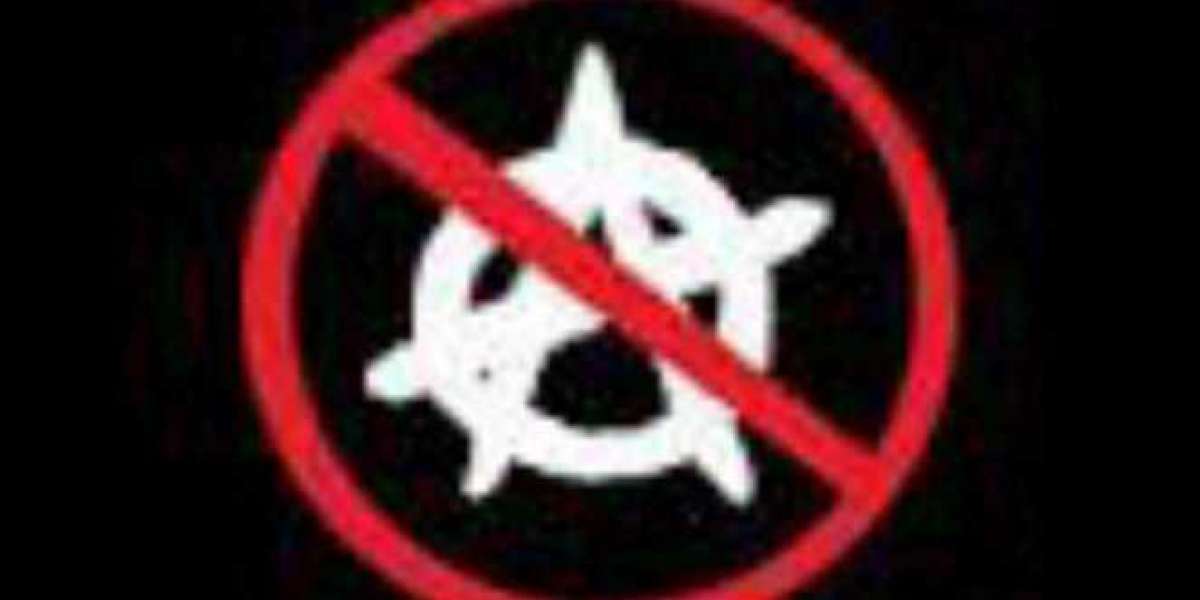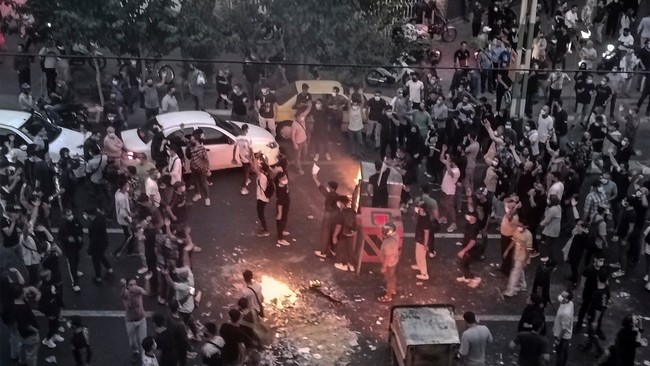Freedom and anarchy are often used interchangeably or confused with one another, but they are actually quite different concepts.
Freedom is the state of being able to act, speak, or think as one wants without interference or constraint. It is the absence of external controls or limitations on an individual's actions or choices. Freedom can be personal, such as the freedom to express one's thoughts and opinions, or it can be political, such as the freedom to vote or participate in government.
Anarchy, on the other hand, is the absence of government or any form of external authority. It is a state of society in which there is no centralized authority or government and individuals are free to act as they see fit. Anarchists believe in the idea of voluntary association, where individuals come together to form social and economic organizations without the need for external interference or coercion.
While freedom and anarchy may seem similar at first glance, they are actually quite distinct concepts. Freedom is concerned with individual liberty and the ability to make choices without external interference, while anarchy is focused on the absence of any form of external authority or government.
One key difference between freedom and anarchy is the role of law and order. Freedom allows for the existence of laws and rules that are put in place to protect the rights and freedoms of individuals and to maintain social order. Anarchy, on the other hand, rejects the idea of laws and external authority altogether, believing that individuals should be free to act as they see fit without interference from any external force.
Another difference between freedom and anarchy is the level of social organization and cooperation. Freedom allows for individuals to come together and form organizations and societies, but it also recognizes the need for some form of external authority or government to maintain social order and resolve conflicts. Anarchy, on the other hand, rejects the idea of external authority and relies on voluntary association and cooperation among individuals to maintain social order and resolve conflicts.
A key issue with anarchy is the potential for chaos and disorder. Without any form of external authority or government, there is no central power to maintain social order and resolve conflicts. This can lead to a lack of structure and organization in society, and can potentially result in violence and chaos. Freedom, on the other hand, allows for the existence of laws and external authority to maintain social order and resolve conflicts, which helps to prevent chaos and disorder.
Freedom and anarchy also differ in their approach to power and authority. Freedom recognizes the need for some form of external authority or government to maintain social order, but it also acknowledges that this power must be limited and subject to checks and balances to prevent abuses of power. Anarchy, on the other hand, rejects the idea of external authority and power altogether, believing that individuals should be free to act as they see fit without interference from any external force.
It is important to note that freedom and anarchy are not mutually exclusive. It is possible to have a society that values both individual freedom and the absence of external authority. However, it is important to strike a balance between the two in order to maintain social order and prevent chaos and disorder.
YubNub Team
36 Blog posts











